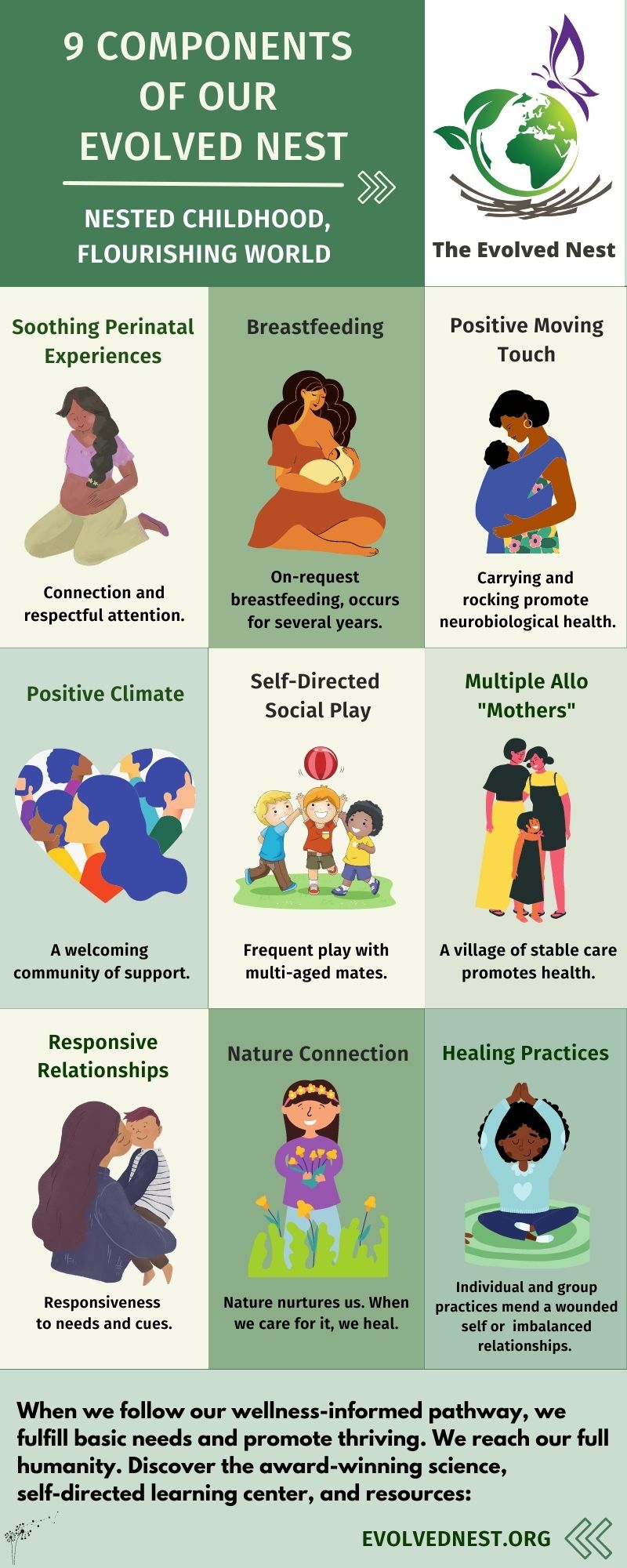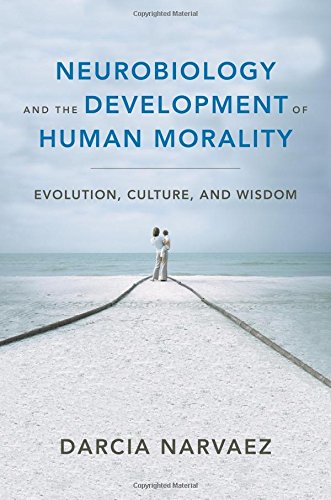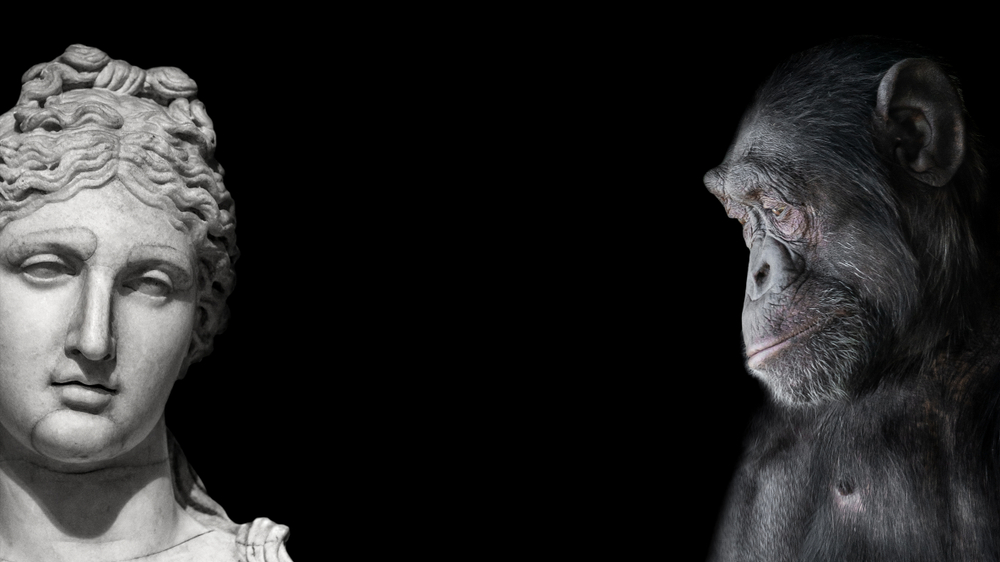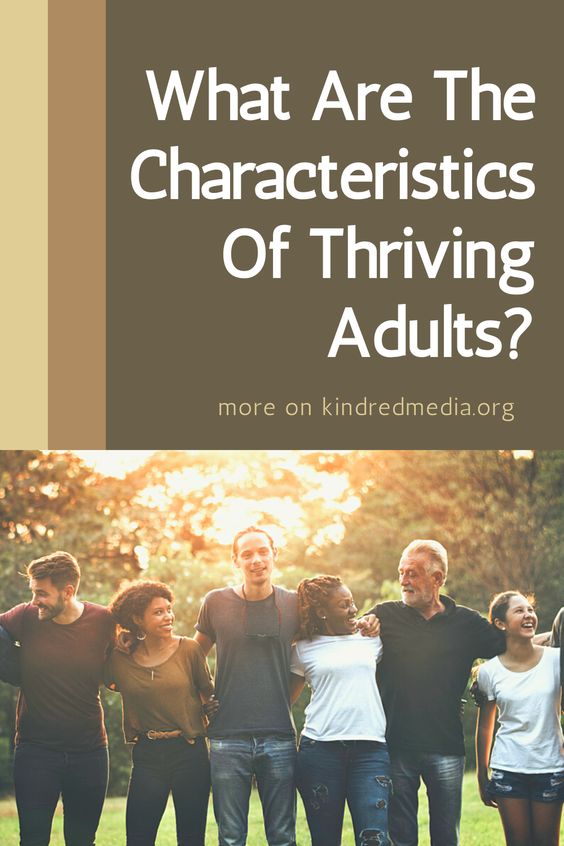Misunderstanding Human Nature and Its Development
What does it mean to be human? Correcting (narrow) Evolutionary Psychology.
KEY POINTS
- Narrow Evolutionary Psychology theory misfocuses our attention.
- Much more than culture is learned after birth. Our neurobiology is shaped for health or illness.
- We are not born human. Our humanity must be nurtured, in particular ways.
We are not born human, we are nurtured into our humanity.
– Darcia Narvaez, PhD
Scholars often explain that human immaturity and lengthy childhoods came about because of the need for cultural learning—the manners, mores and conventions of a particular culture. Surely culture is an important part of what is learned after birth. But we know now that much more is going on.
Babies have to be born highly immature because the evolution of bipedalism in humans shrank the size of the pelvis in comparison to other apes (Trevathan, 2011). If human babies stayed in the womb as long as needed (21 months; Leakey, 1994), their heads would be too big for a mother to carry and to make it through the birth canal.
What is learned in the first years of life goes much deeper than culture learning, down into our neurobiological structures. During the early years when our systems are immensely plastic, the epigenetic shaping of neurobiological functions is taking place (Narvaez, Panksepp et al., 2013). Basic physiological systems are being molded toward a greater or lesser healthy trajectory—including the functioning of neurotransmitter systems, stress response, endocrine systems and immune system (Narvaez, 2014).
Thus though we evolved big brains for the purpose of our extensive sociality, we’re not born with much the brain intact. Much of the brain (75%) grows after full-term birth, significantly shaped by experience. In fact, human offspring are much more malleable, more epigenetically shaped, than one of humanity’s closest cousins, the chimpanzee (Gómez-Robles et al., 2015). Growth and maturation are occurring so rapidly in the first months and years, that the baby is a different baby every few minutes.
How are we molded? Humanity evolved a particular developmental system to meet the extensive basic needs of the baby and child. Intensive, communal child raising evolved alongside our large social brain, the evolved nest (soothing perinatal experience, extensive breastfeeding, a welcoming social climate, positive touch, responsive care by multiple stable caregivers, play, nature immersion, and healing practices). Accruing data show that basic needs denied causes early toxic stress, leading to chronic inflammation, the root of most disease (e.g., McEwen et al., 2015).
Psychological and social functioning are affected by the quality of physiological being and also are shaped during sensitive periods. What babies practice is what they become. The undercare of babies means that toxic stress is experienced, which is linked to multiple poor health outcomes, including inflammation (Garner et al., 2021; McEwen, 2003).
Undermet evolved basic needs will cause depression or ‘sickness behavior,’ visible in 1-week-old babies who are not breastfed, who demonstrate greater depression and withdrawal as well as abnormal reflexes (Hart et al., 2003). Babies who undergo sleep isolation training have measurable levels of cortisol, an inflammation-causing hormone (Middlemiss et al., 2012).
Full humanity is not nurtured. We can see what full humanity looks like in societies that provide the evolved nest(Narvaez, 2013).
When basic needs are not met in early life, the individual must rely on innate systems that we share with our primate cousins. As a result, undercared for people act more like chimpanzees (distrustful, aggressive, domineering).

Notably, the most well-known theory of evolutionary psychology, dubbed Narrow Evolutionary Psychology theory (NEP) by Scher and Rauscher (2003), assures us that this ape-likeness is our very nature (e.g., Wrangham & Peterson, 1996), basing their work in observations of common chimpanzees and assuming genetic similarities.
From all I’ve mentioned about the immaturity, malleability, and nest-neediness of human beings, we can see that NEP uses the wrong baselines for assessing human nature (Narvaez & Witherington, 2018; Narvaez et al., 2021).
Instead, NEP research (e.g., Lewis et al., 2017) focuses on pre-human propensities, which one might call primate, but actually go further back in evolutionary time: Ecological threats/Avoiding dangers: animals, heights, pathogens, poisonous animals; Nutrition: toxin avoidance; Mating: mate selection for ‘good genes,’ fertility and investment, mating with multiple partners.
They do focus on mammalian concerns such as Kinship: care for relatives, incest avoidance; Aggression and Conflict: extracting benefits from others, avoiding dangerous conspecifics, avoiding attack, avoiding non-cooperators. But missing here are reconciliation and forgiveness (de Waal, 1996). They also focus on patriarchal concerns (patriarchy is a recent development of the last few thousands of years; we’ve been around for 2 million years): deterring infidelity.*
Why would we think NEP’s list provides human psychology with much insight? None of humanity’s unique characteristics are in the list. For example, Darwin noted the aspects of the moral sense that are apparent in other animals but are more fully developed in humans—e.g., empathy and sympathy, concern for the opinion of others, voluntary habit development (Darwin, 1871). We can add mind-reading, group singing/dancing/trancing, humor, spirituality, voluntary helpfulness, egalitarianism, generosity/sharing, cooperation with the web of life (Narvaez, 2013; Tomasello, 2019). Many of these characteristics are deteriorating or missing in modern cultures, just like the evolved nest components, and thus should be studied (Narvaez, 2017).
Lewis et al., 2017 miss humanity’s developmental story which depends on understanding dynamic systems, developmental neuroscience, and basic needs. We are not born human, we are nurtured into our humanity.
If we are interested in understanding the development and parameters of human nature, what do we look at? We certainly look at the species-normal way of raising our young over the 2-6 million years of existence. We look at those raised in the species-normal way and compare them with those raised in species-abnormal ways.
* Our heritage is communal child raising (Hrdy, 2009) and female group coalitions (Knight, 1991) that prevented males from knowing whose offspring was theirs.
References
Darwin, C. (1871). The descent of man. London: John Murray.
De Waal, F. (1996). Good natured: The origins of right and wrong in humans and other animals. Cambridge, MA: Harvard University Press.
Garner, A., Yogman, M., Committee on Psychosocial Aspects of Child and Family Health, Section on Developmental and Behavioral Pediatrics, Council on Early Childhood. (2021). Preventing childhood toxic stress: Partnering with families and communities to promote relational health. Pediatrics, 148(2), e2021052582
Gómez-Robles, A., Hopkins, W. D., Schapiro, S. J., & Sherwood, C. C. (2015). Relaxed genetic control of cortical organization in human brains compared with chimpanzees. Proceedings of the National Academy of Sciences. 12, 14799-14804. doi: 10.1073/ pnas.1512646112
Hart, S., Boylan, L.M., Carroll, S., Musick, Y.A., & Lampe, R.M. (2003). Brief report: breast-fed one-week-olds demonstrate superior neurobehavioral organization. Journal of Pediatric Psychology, 28(8), 529-534.
Hrdy, S. (2009). Mothers and others: The evolutionary origins of mutual understanding. Cambridge, MA: Belknap Press.
Knight, C. (1991). Blood relations; Menstruation and the origins of culture. Yale University Press.

Leakey, R. (1994). The origin of human kind. London: Phoenix.
Lewis, D. M. G., Al-Shawaf, L., Conroy-Beam, D., Asao, K., & Buss, D. M. (2017). Evolutionary psychology: A how-to guide. American Psychologist, 72(4), 353–373. https://doi.org/10.1037/a0040409
McEwen, B. S. (2003). Early life influences on life-long patterns of behavior and health. Mental Retardation and Developmental Disabilities Research Reviews, 9(3), 149–154.
McEwen, B.S., Gray, J.D., & Nasca, C. (2015). Recognizing resilience: Learning from the effects of stress on the brain. Neurobiology of Stress, 1-11.
Middlemiss, W., Granger, D.A. Goldberg, W.A., & Nathans, L. (2012). Asynchrony of mother–infant hypothalamic–pituitary–adrenal axis activity following extinction of infant crying responses induced during the transition to sleep. Early Human Development, 88 (4), 227-232.
Narvaez, D. (2013). The 99%–Development and socialization within an evolutionary context: Growing up to become “A good and useful human being.” In D. Fry (Ed.), War, Peace and Human Nature: The convergence of Evolutionary and Cultural Views (pp. 643-672). New York: Oxford University Press.
Narvaez, D. (2014). Neurobiology and the development of human morality: Evolution, culture and wisdom. Norton.
Narvaez, D. (2017). Are we losing it? Darwin’s moral sense and the importance of early experience. In. R. Joyce (Ed.), Routledge Handbook of Evolution and Philosophy (pp. 322-332). London: Routledge.
Narvaez, D., Moore, D.S., Witherington, D.C., Vandiver, T.I., & Lickliter, R. (2021). Evolving evolutionary psychology. American Psychologist, Online First Publication, November 15, 2021. http://dx.doi.org/10.1037/amp0000849
Narvaez, D., Panksepp, J., Schore, A., & Gleason, T. (Eds.) (2013). Evolution, early experience and human development: From research to practice and policy. Oxford University Press.
Narvaez, D., & Witherington, D. (2018). Getting to baselines for human nature, development and wellbeing. Archives of Scientific Psychology, 6 (1), 205-213. DOI: 10.1037/arc0000053
Scher, S. J., & Rauscher, F. (2003). Nature read in truth or flaw: Locating alternatives in evolutionary psychology. In S. J. Scher & F. Rauscher (Eds.), Evolutionary psychology: Alternative approaches (pp. 1-29). Norwell, MA: Kluwer Academic Publishers.
Tomasello, M. (2019). Becoming human: A theory of ontogeny. Harvard University Press.
Trevathan, W.R. (2011). Human birth: An evolutionary perspective, 2nd ed.. New York: Aldine de Gruyter.
Wrangham, R. W., & Peterson, D. (1996). Demonic males: Apes and the origins of human violence. Boston, MA: Houghton, Mifflin and Company.
“Racism affects so many things before the patient even gets to the clinical encounter,” she said. “Both implicit bias and structural racism affect how women are cared for in the health care system.”



